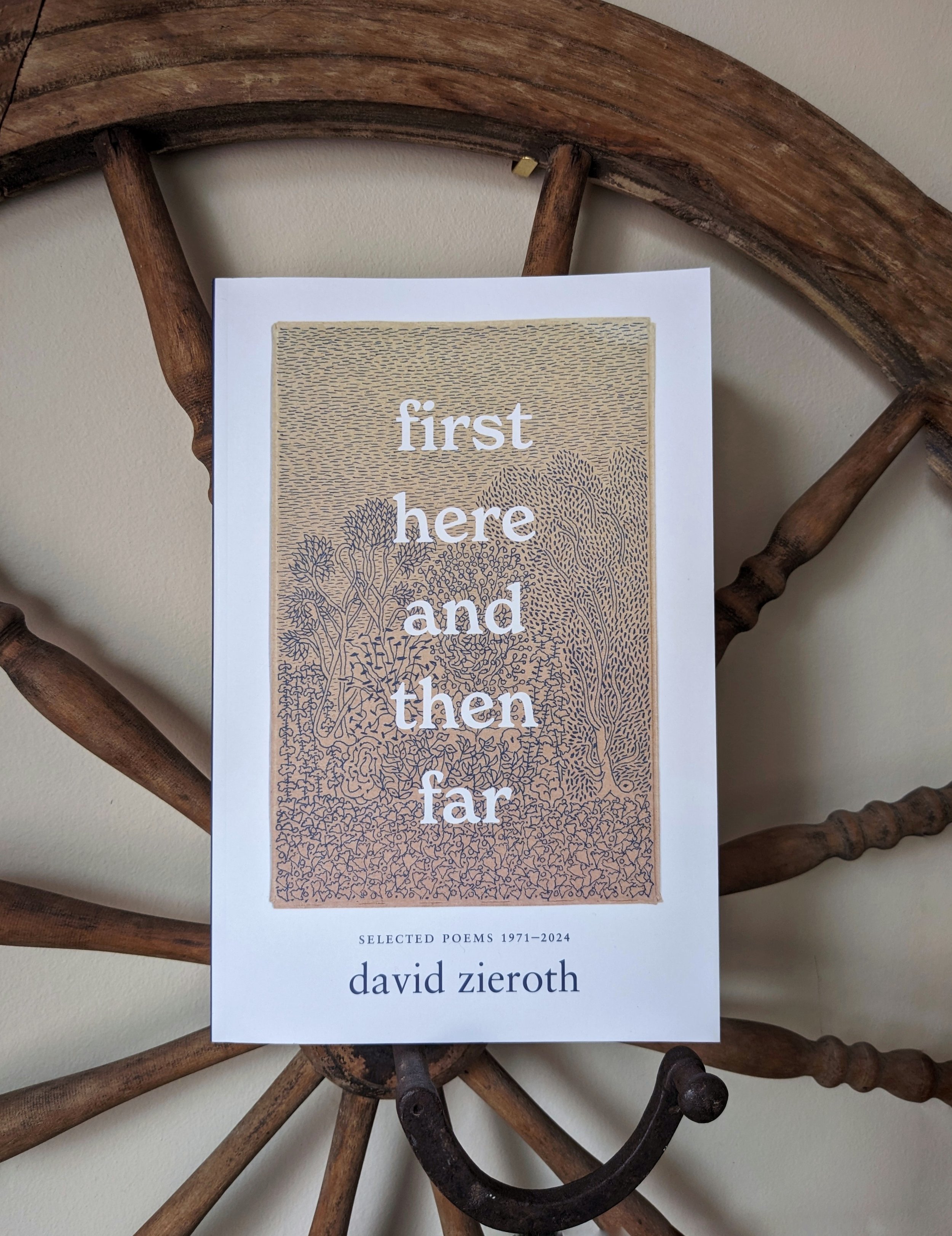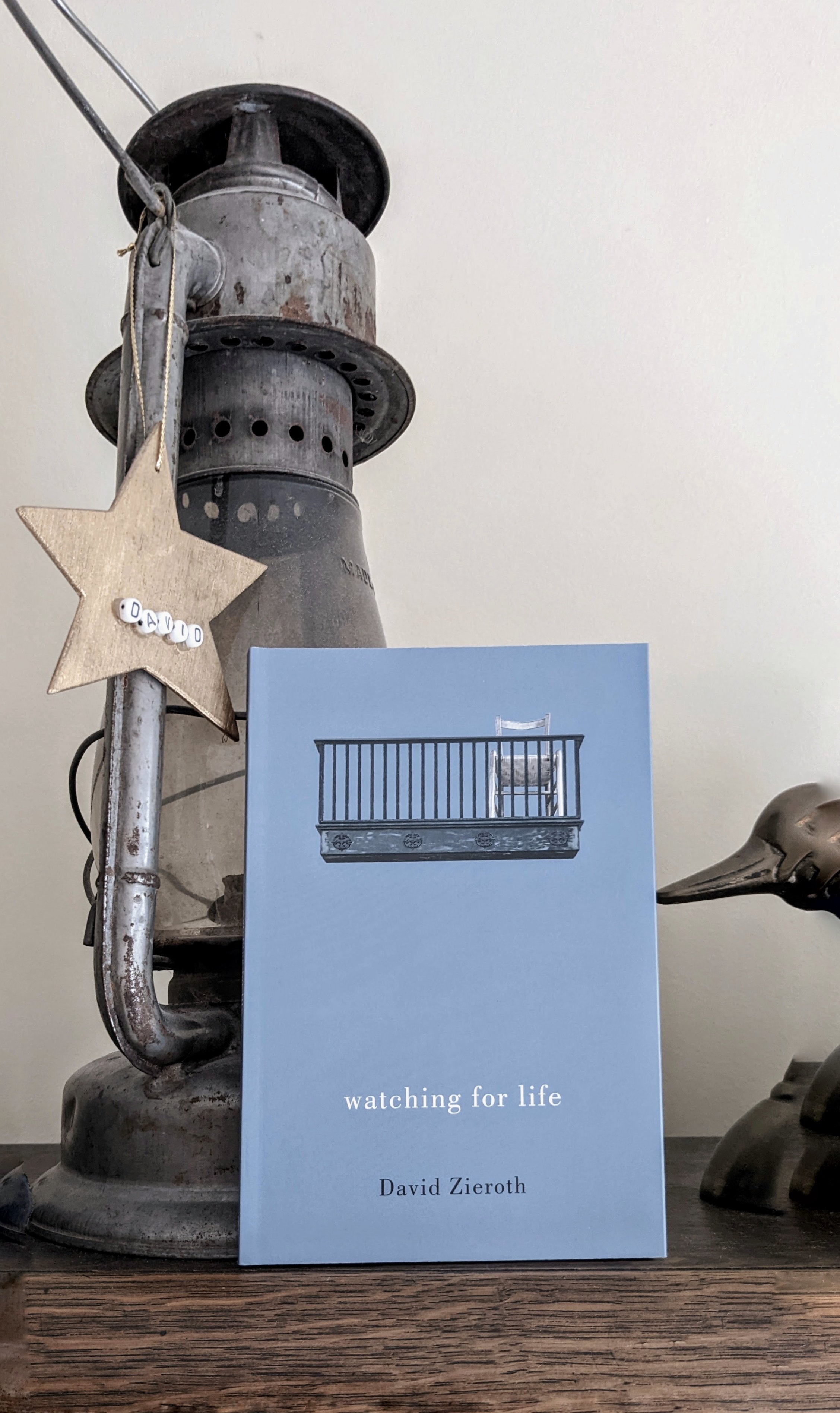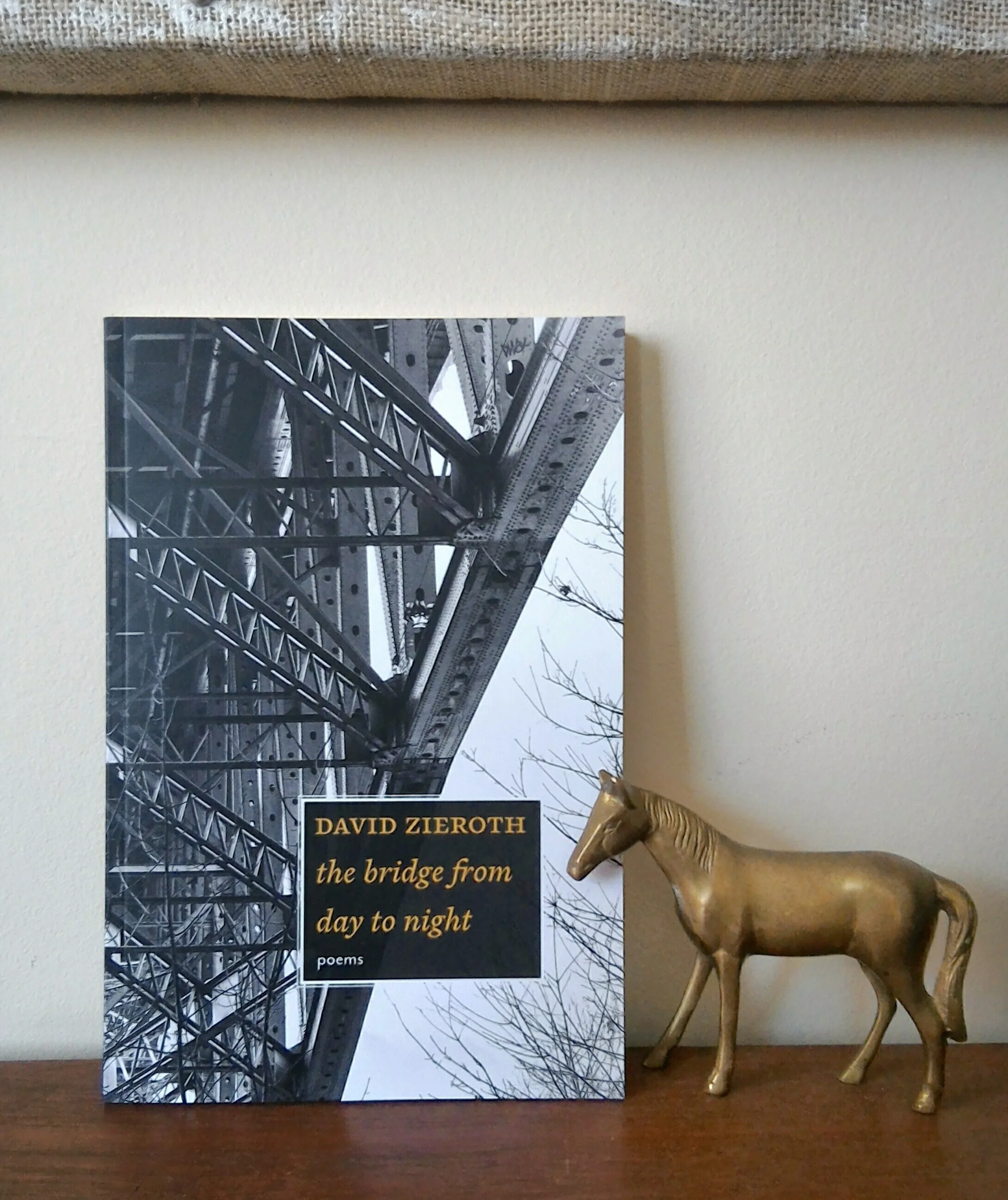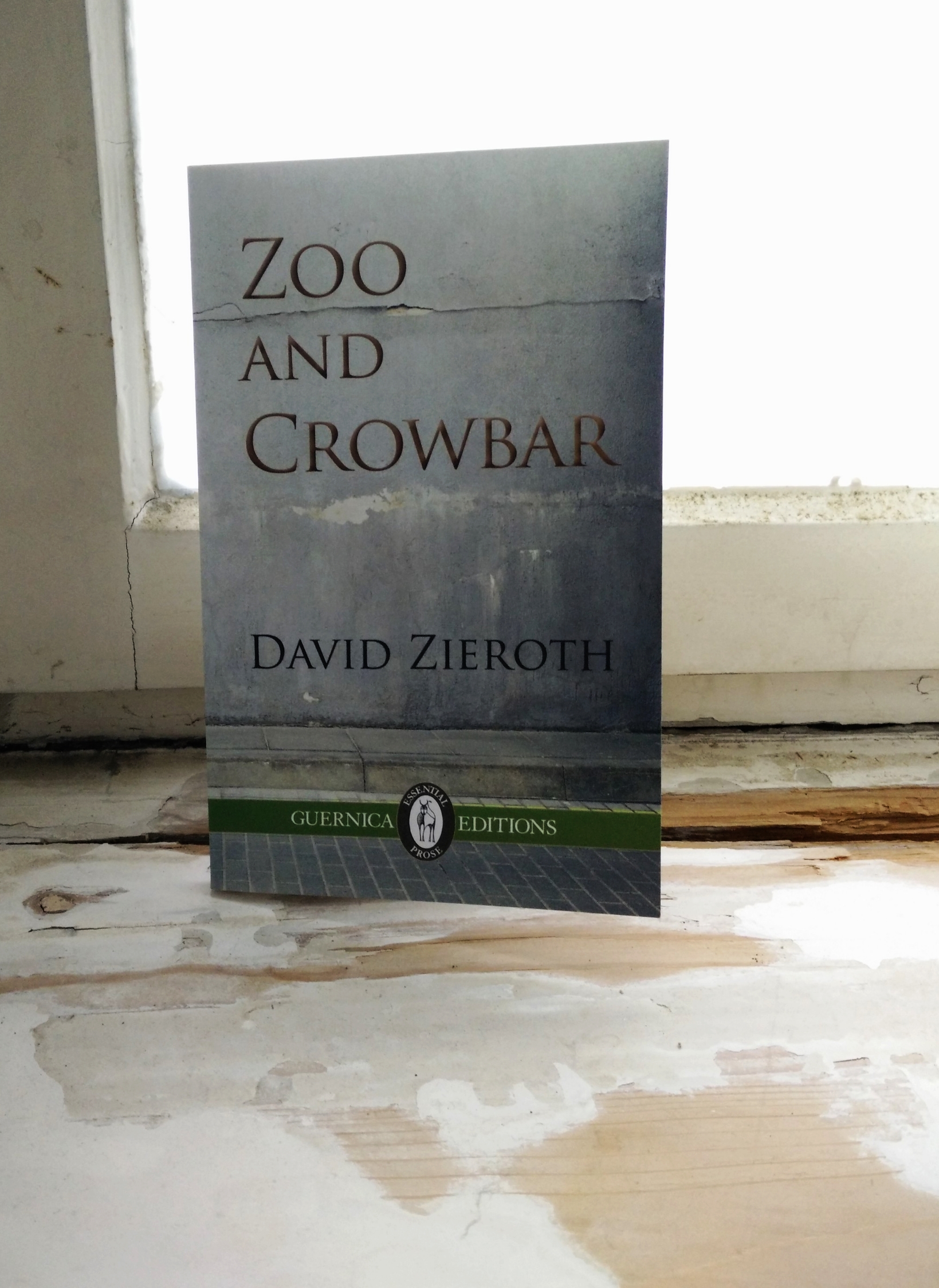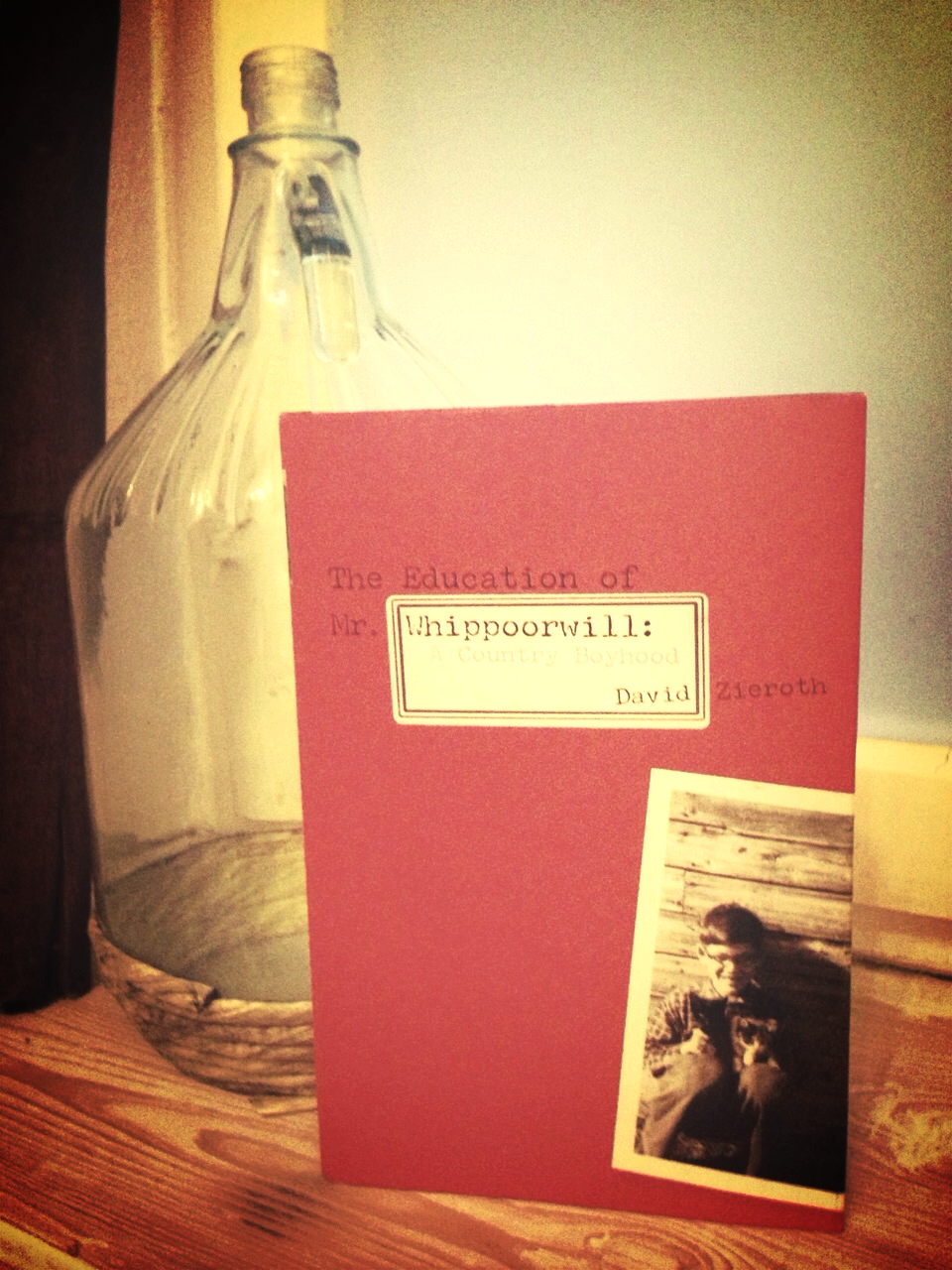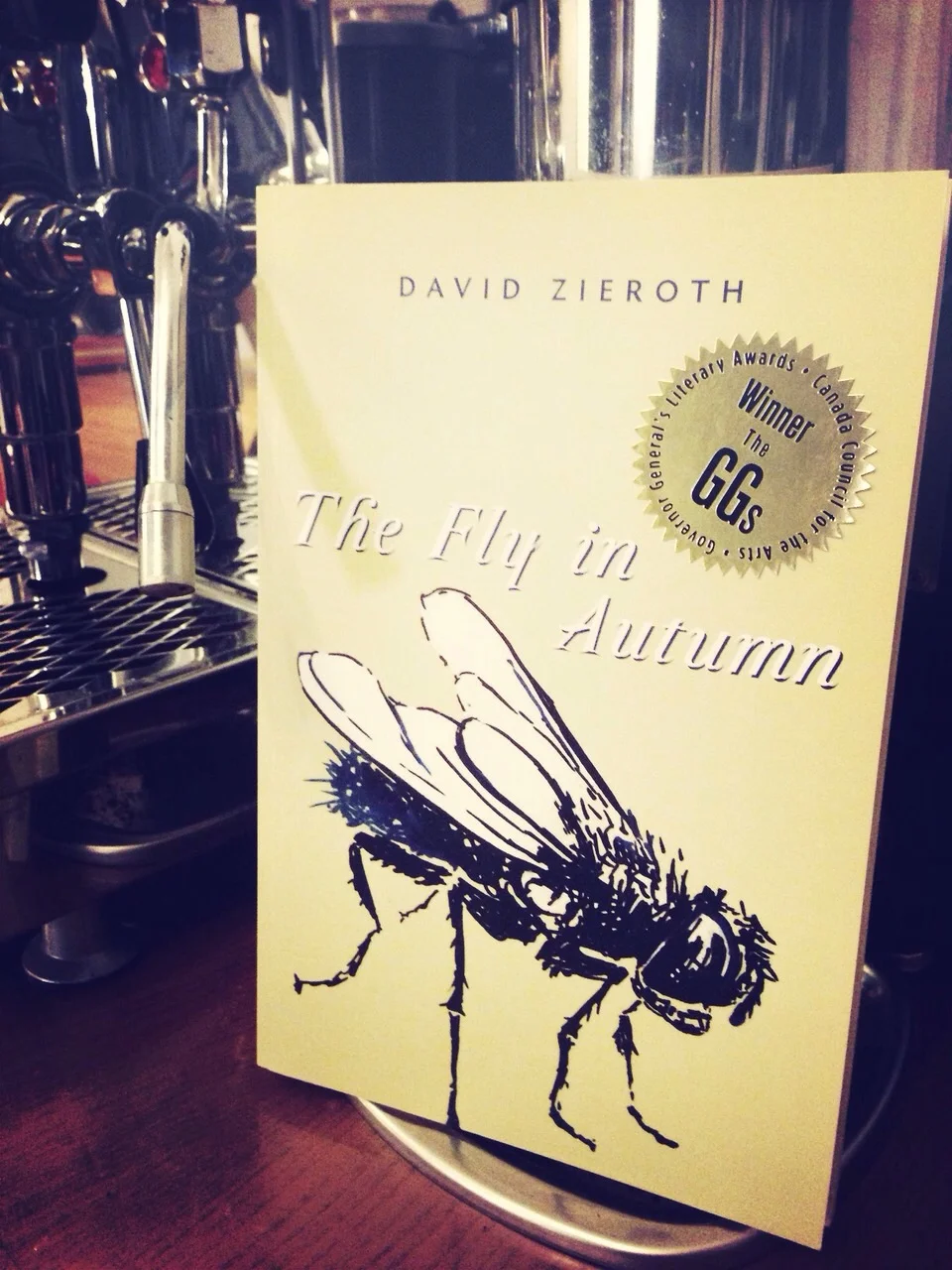first here and then far, Harbour Publishing 2024
Japanese Mallow
When the inevitability of my mortality
overwhelms me momentarily, I . . .
touch these repeating pink blossoms
their delicacy softens self-sorrow
makes dying a mere event among lives
continuing to thrive: those bolstering me
(not by bluster) by showing how, exemplars
of one-who-calms-down, fathers who help
finish homework, moms with nightly rhymes
also you I’ve never met, who know me
as sentences, not an entirely true reproduction
but close, the way wind grasps petals it takes
to drop first here and then far
from the tilting, un-mournful mother plant
the trick of staying and leaving Harbour Publishing 2023
From the trick of staying and leaving
‘funny’
Miro points to a row of second-floor windows
(on some ulica/street whose name escapes)
each ornate in history’s way, and tells me
he spent years in those bright rooms
singing in a choir, ‘a funny time,’ he says
and several steps later as we cross
tram tracks, I ask, ‘funny how?’
in Canada we might mean
those days were somehow oddly off
but he explains, ‘a time without problems’
and I understand, ‘a time of fun’
even small differences continue to surprise
and reveal who each of us is, what
our cultures and languages have made
like his number 1 with its slight
tilt with an added angle at the top
that risks becoming a seven, as if
haunted by a touch of the Cyrillic
and he has little use for ‘I’ because
when admiring a house, for example
his grammar leads him to say ‘it likes me’
and so his world is animated, filled
with metaphor cheerfully directing
its attention onto him, greeting him daily
while his Canuck friend must search
in himself, object after object singled out
to find what is enlivened out there
and so misses the rush of feeling from the world
continuously coming to embrace him
watching for life
the Crow lands, infused with purpose
to explore a bag, perchance to find
the model morsel, the French fry
discarded or perhaps a crumb
of dignity in the doughnut not yet
mouldering, he steps close, closer
pecks and – behold! – is rewarded
his sunlit beak spies and digs and rips
he thinks neither ahead nor behind
tipping back to swallow the tidbit
I think of his feathers, black black, how
they absorb light, the dark hole
he brings wherever he lands on earth
always a purity of disappearance
his piece of night that darkens day
the underside of a shoe that waits
at the back of the closet whose doors
are locked, the key a child dropped
in the forest, moss swallowing it
and now Crow turns and the sun
flashes in his wings, a spark
and again the flash comes, lightning –
a sudden storming – to show me
that where black is, white will also be
if only briefly, yet briefly
suffices to make me look again
where I might have missed this
balance, his way of making light
watching for life McGill-Queen’s 2022
the bridge from day to night Harbour Publishing 2018
the bridge from day to night
driving back on the Second Narrows
I see the mountains of North Van
rise higher than I imagine
they can, they keep going
up and up, and from the apex
of the bridge with traffic flying
I look directly into
their deepest clefts:
a bear drifts on the trail
sand a hiker half falls down
the slope, one arm out
for a sapling to swing around
it’s home (box in a box)
that will save me (if not him)
yet I sometimes can’t decide
should I go up the Cut
or turn on Main, the only options
I see right now, though late at night
when I give up the day
I dream the bear comes calling
Zoo and Crowbar Guernica Editions 2015
Zoo and Crowbar
Zoo and Crowbar, a novella, which early readers have described as a fable about one person’s experience of the end of our world; a hypnotic, disconcerting human dream that knows infinitely more than the dreamer and is still the dreamer; a retelling of The Pilgrim’s Progress from This World to That Which Is to Come.
Albrecht Dürer and me Harbour Publishing 2014
Hay Day Canticle Leaf Press 2013
Crows do not have Retirement Harbour Publishing 2011
The November Optimist Gaspereau Press 2013
The Fly in Autumn
Winner of the Governor General’s Literary Award for Poetry 2009
The Fly in Autumn Harbour Publishing 2009
The Village of sliding Time Harbour Publishing 2006
How i Joined Humanity at Last Harbour Publishing 1998
